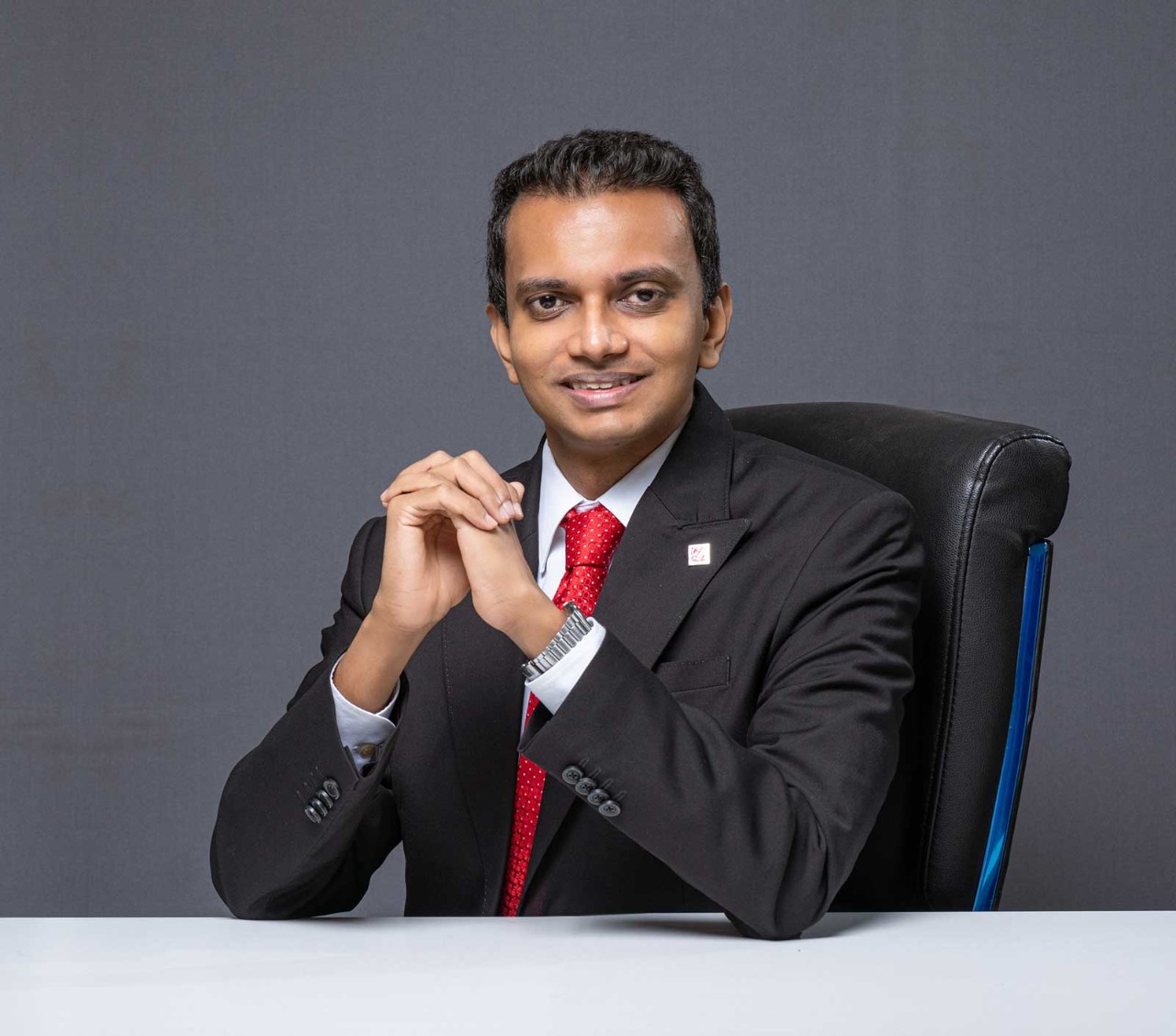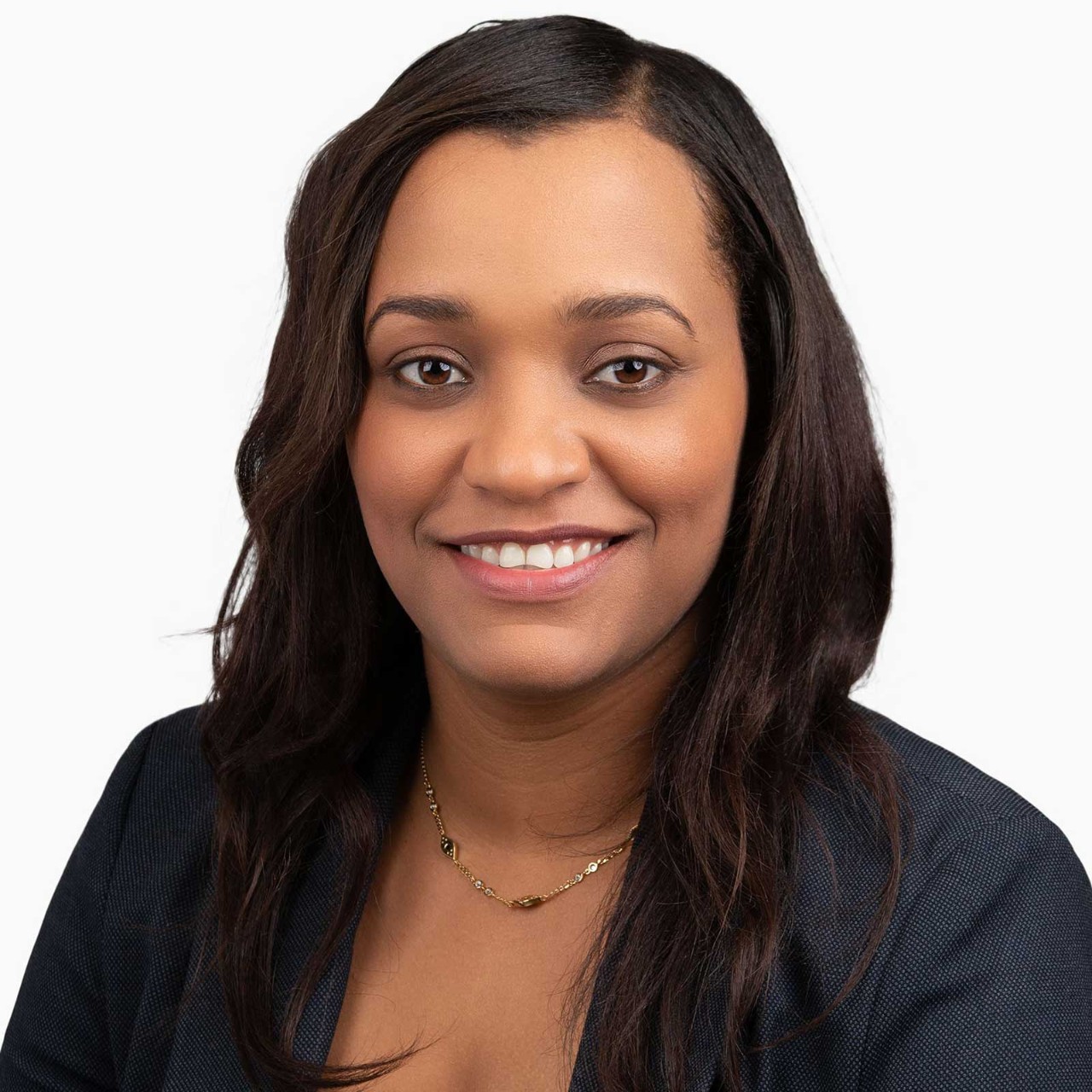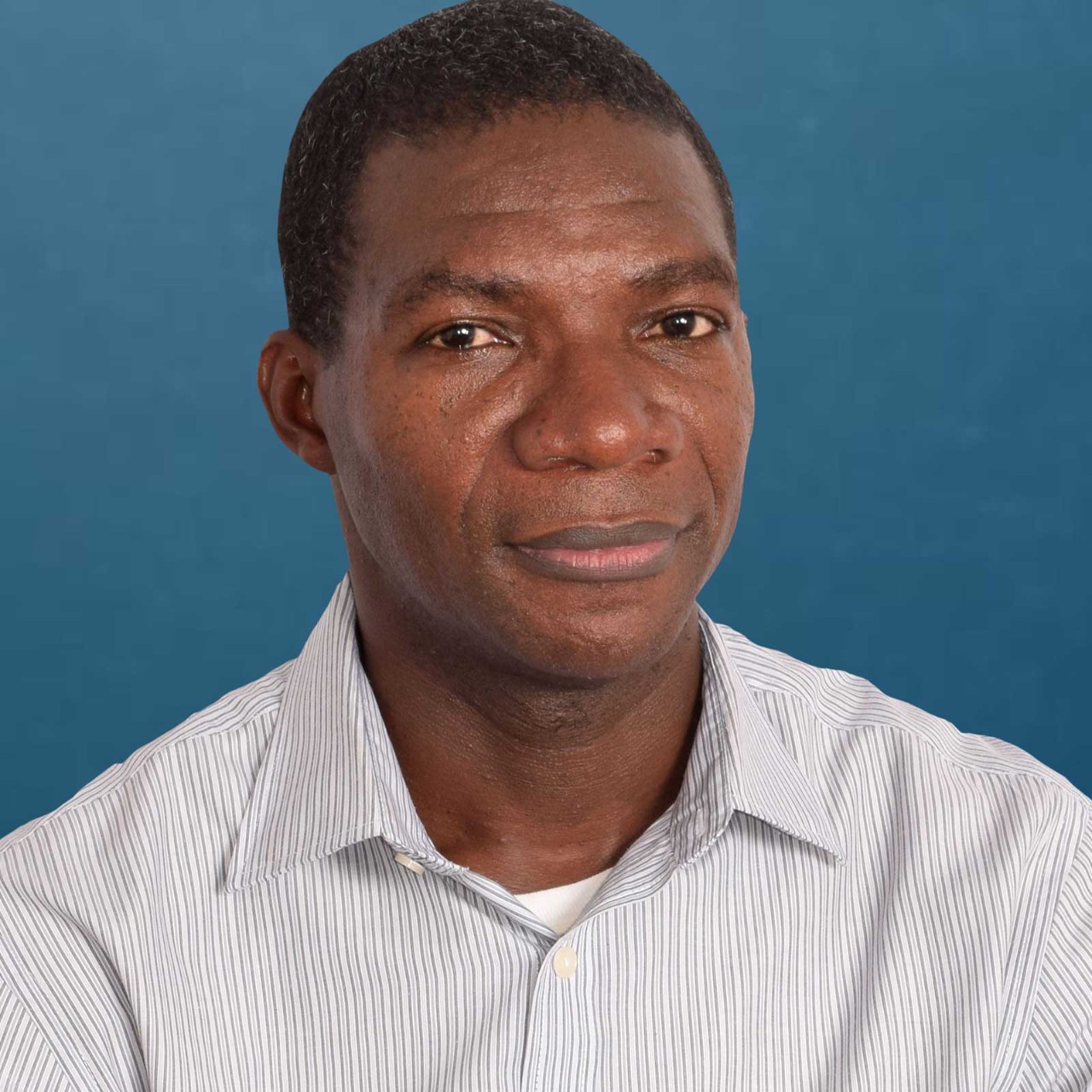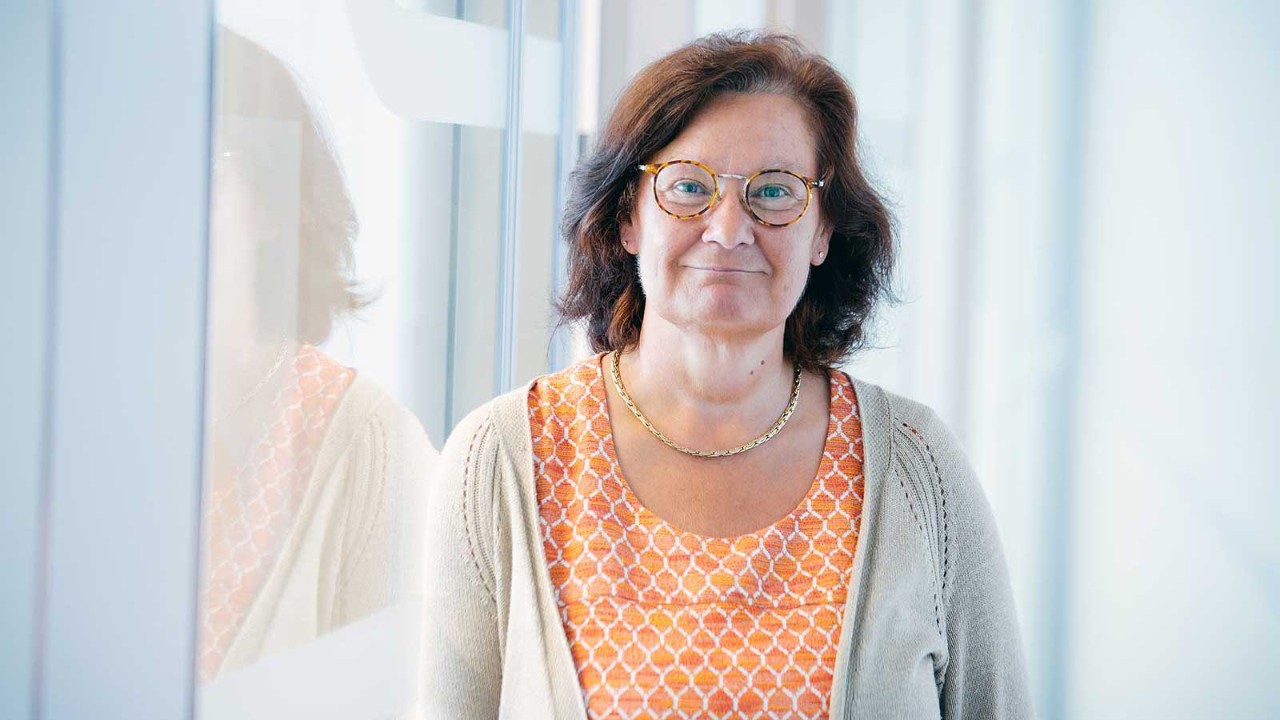
'There’s never a dull moment,’ is Hilde Blomme’s explanation for why she’s notched up more than two decades with Accountancy Europe. Blomme joined the umbrella organisation as director of practice regulation back in 2003, a time when the accountancy profession was under scrutiny over the major accounting scandals at US companies Enron and WorldCom, and Italian dairy group Parmalat.
In the wake of these scandals, the profession found itself navigating two major regulatory developments. These were the 2002 Sarbanes-Oxley Act in the US, which is famed for its onerous compliance obligations, and a 2006 EU audit directive that ended self-regulation of the auditing profession in Europe. ‘This was a time when our profession was in the penalty box,’ Blomme says. ‘A lot of things happened that made us step back, as a profession, look at what we were doing and ask: “What could we do better?”’
'These technologies are profoundly changing the business model of many companies'
Inevitably, the issues in Blomme’s inbox have changed since then – as has her job title. Today she is Accountancy Europe’s deputy chief executive, providing regulatory and technical expertise and contributing to the organisation’s overall strategy. She has a particular focus on both financial and non-financial reporting and assurance practices.
Sustainability and technology
Supporting the transition to more sustainable business models is a huge challenge for accountants, as Blomme points out. ‘Our profession is in the midst of the transition,’ she says. ‘This is mainly – but not only – because we are helping companies to prepare for sustainability reporting and provide assurance on that reporting.’
The EU’s Corporate Sustainability Reporting Directive requires nearly 50,000 companies to publish detailed sustainability information under new European Sustainability Reporting Standards, with the first businesses due to report in 2025 on 2024 data. According to Blomme, a big question for the profession is whether it has enough people, with the in-depth expertise, to prepare sustainability reporting and provide the necessary assurance. ‘A lot of knowledge is needed,’ she says. ‘And lots of work must be done to get that knowledge.’
Another challenge for the profession is responding to the technological revolution that is sweeping the world, including advances such as artificial intelligence (AI), data analytics and robotic process automation. ‘These technologies impact the way accountants and auditors work and the tools we will use in the future,’ Blomme explains. ‘They are profoundly changing the business model of many companies.’
CV
2011
Deputy chief executive, Accountancy Europe. Member of the Public Interest Oversight Board Stakeholder Advisory Council since February 2024
2003
Director of practice regulation, Accountancy Europe (formerly Fédération des Experts Comptables Européens)
2001
Senior manager, PricewaterhouseCoopers, London
1997
Manager, PricewaterhouseCoopers, New York
1994
Supervisor, Coopers & Lybrand, Belgium
1992
Auditor, Agneessens, Verschelden & Partners, Belgium
1991
Auditor, Nevens, Belgium
1989
Graduate trainee, Guaranty Trust Company of New York – Euroclear, Belgium
2007
Qualified with ACCA
1999
Qualified as a CPA
1995
Qualified as an auditor in Belgium
'Our mission is to facilitate members’ cooperation and dialogue with policymakers, and help shape the profession’s future'
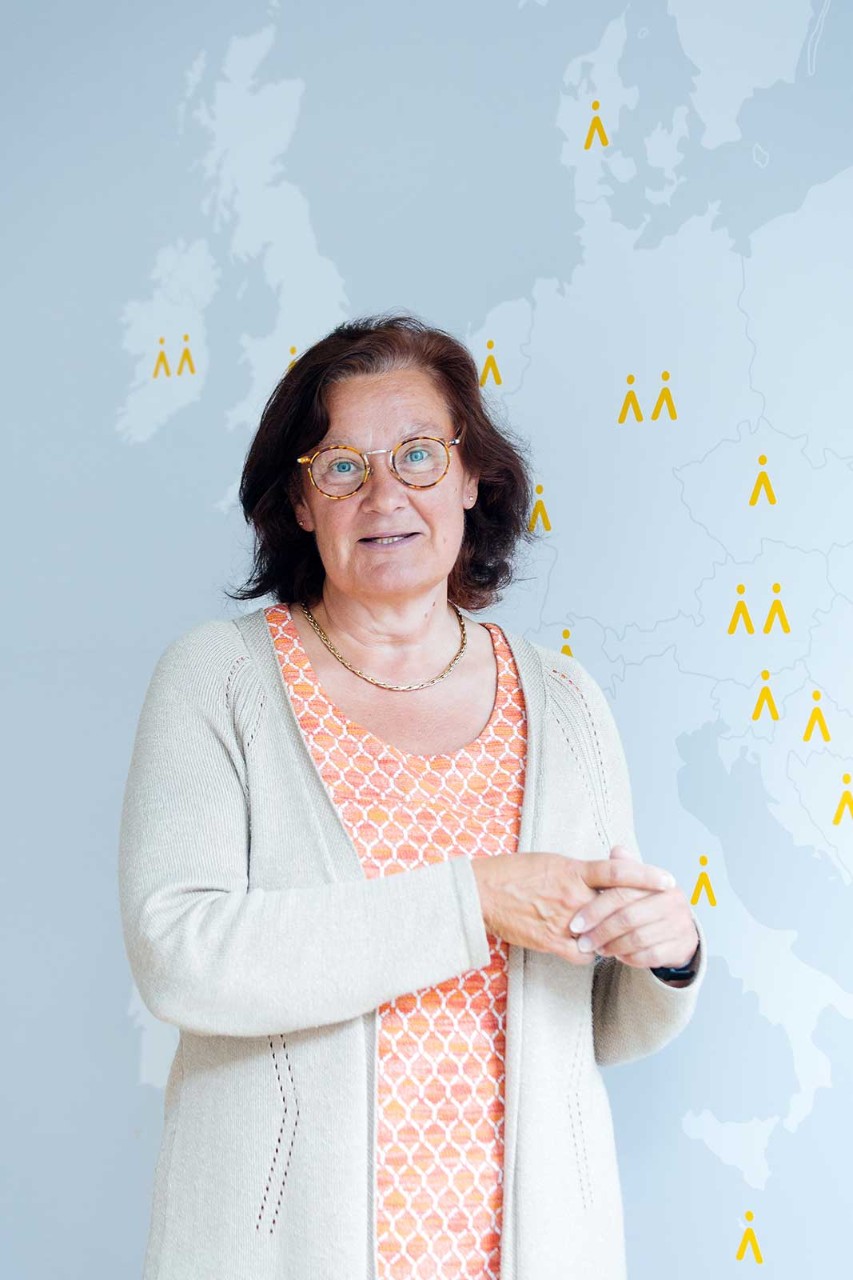
Regardless of whether they work within or outside public practice, it is crucial that accountants keep up with technological advances. Yet this is difficult for two reasons, argues Blomme. The first is that they’re dealing with a moving target and the second is that accountants are not necessarily experts in technology. As a result, technological advances present risks to accountants, especially in the context of AI – an extremely powerful, but fast-evolving, set of technologies.
‘Accountants will have to make sure they have the right systems, the right processes and the right controls so that they can continue to be assured of the quality of the output,’ Blomme says.
That said, developments in technology, including AI, also create opportunities for the profession. An obvious example is to offer assurance around the quality of information produced by AI. Additionally, having access to state-of-the-art technology could help to make a career in accountancy more appealing. ‘Hopefully, it could be a magnet for attracting and keeping talent within our profession and its firms,’ says Blomme.
Big job for a small organisation
Accountancy Europe unites 50 professional organisations, from 35 countries, and represents around one million qualified accountants, auditors and advisors. At a European level, it engages with bodies such as the European Commission, the European Parliament, the European Securities and Markets Authority, and the European Banking Authority.
The organisation’s reach extends beyond Europe, however. It also comments on some proposals from the Public Company Accounting Oversight Board in the US and interacts with international organisations, such as the International Auditing and Assurance Standards Board and the International Ethics Standards Board for Accountants.
‘In layman’s language, we stand as the voice of the profession in Europe,’ Blomme explains. ‘We translate their daily experience to inform the European policy debate. Our mission is to facilitate members’ cooperation and dialogue with policymakers, and help shape the profession’s future.’
'We need to think about how we can get the best return through the efforts we make'
This critical role is carried out by a small staff of around 20 people, meaning Accountancy Europe must be strategic about how it allocates its resources. ‘We have to choose our battles,’ Blomme says. ‘We must determine which issues are the most important for us and which relationships and subject matter we want to focus on. We also need to think about how we can get the best return through the efforts we make.’
Blomme says her background as an auditor has helped hugely with the technical aspects of her job. She also values her membership of ACCA, which she joined in 2007, because it boosts her understanding of professional bodies, their purpose and expectations, and how they fulfil their mission.
Bright future
Going forward, Blomme believes the profession should reflect on how it can fulfil its vital societal role, especially as demand for assurance over data, processes and systems is higher than ever. ‘Stakeholders, policy makers, regulators and legislators challenge us, and we should take up this challenge, step back, look at ourselves and respond appropriately,’ she says.
Furthermore, she notes that the profession has not fully succeeded in rebuilding public trust since the accounting scandals of the early 2000s. ‘I don't think this can ever be the case,’ she reflects, ‘because sooner or later, there is always going to be a scandal.’
While there will undoubtedly be further challenges ahead – challenges that accountants may not even be able to anticipate today – Blomme has a positive outlook on how the profession can evolve. She says: ‘It would be great to grow into a profession that is confident and ready to help tackle the sustainability transformation, as well as technologically enabled to respond to AI and other future demands.’
